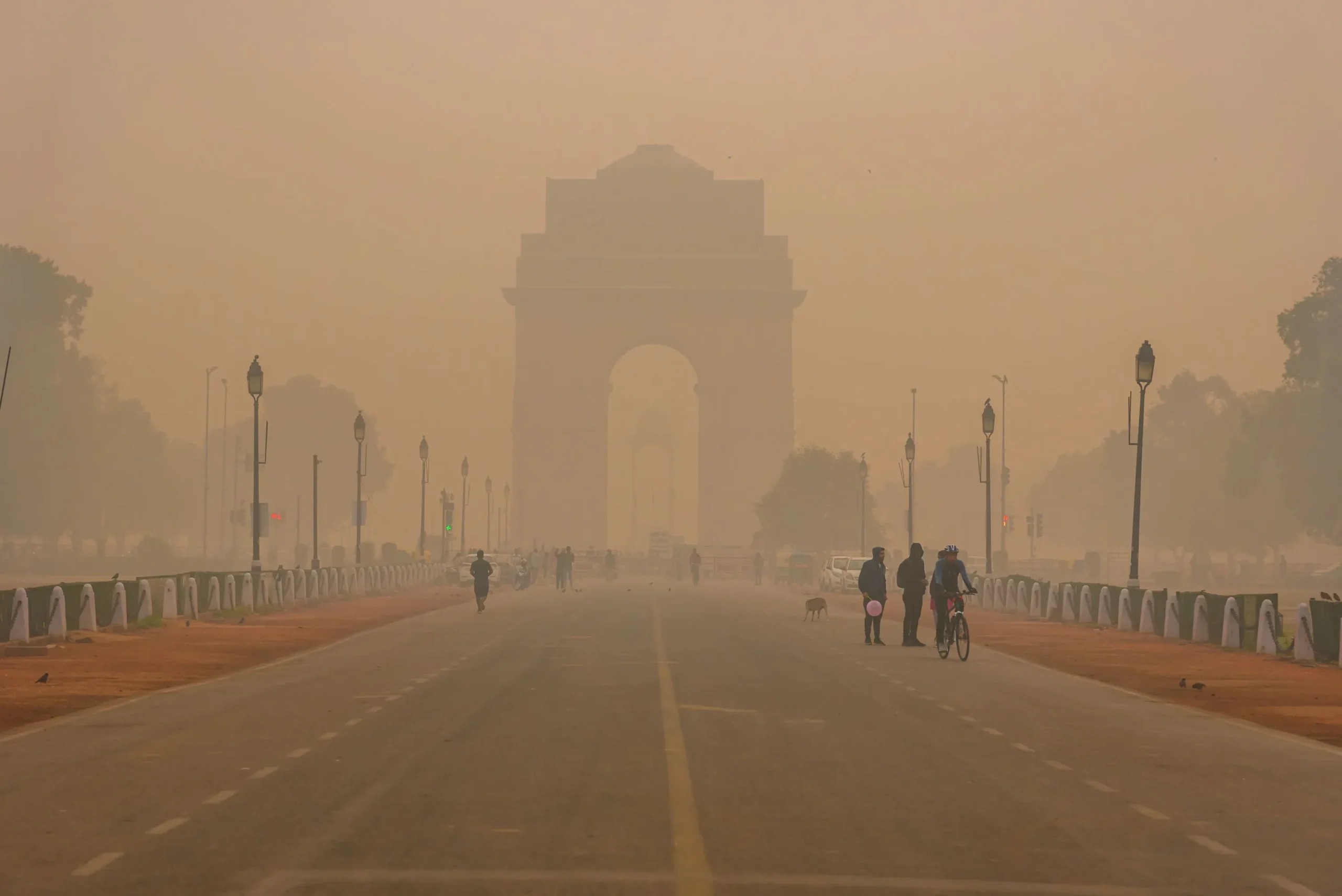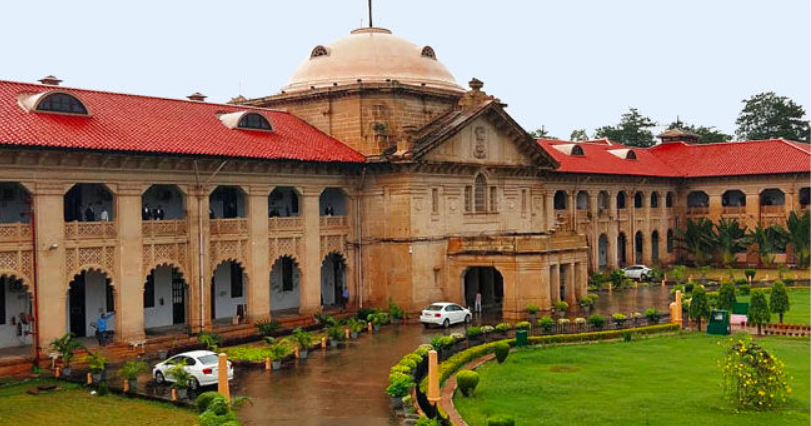A Division Bench of Justices Sanjay Kishan Kaul and Sudhanshu Dhulia acknowledged that while stubble burning may not be the sole cause of air pollution, it remains a significant contributor.
On Tuesday, the Supreme Court delivered a verdict emphasizing the need for farmers in the northern states of Punjab, Haryana, and Western Uttar Pradesh to discontinue the practice of stubble burning. This practice has been identified as a significant contributor to air pollution in the northern region, particularly in the national capital, Delhi.
Stubble burning is an agricultural practice where farmers burn the straw stubble left in fields after harvesting cereals like wheat and paddy to prepare the fields for the next planting. While it is a convenient and cost-effective method for field clearance, it has severe implications for air quality.
A division bench of Justices Sanjay Kishan Kaul and Sudhanshu Dhulia expressed concerns about Delhi’s prolonged exposure to hazardous air quality. While acknowledging that stubble burning may not be the sole cause of air pollution, the Court recognized its substantial contribution.
Therefore, the Court concluded that stubble burning must be addressed in some way, emphasizing that the current situation in Delhi is unsustainable.
Justice Dhulia declared, “Stubble burning must cease,” while Justice Kaul added, “We do not claim that it is the sole contributor, but it is a significant one.”
As an interim measure, the Court directed the reporting of vegetation burning incidents to the local Station House Officer (SHO), supervised by the Chief Secretary of the respective state.
The Court also discussed the possibility of using paddy crop residue for ethanol production as an alternative to burning it.
This matter was part of a broader application involving various environmental concerns. Advocate Aparajita Singh referred to an Air Quality Management (AQM) report during the hearing, highlighting the recurring annual occurrence of fires.
Senior counsel Gopal Sankaranarayanan emphasized the timing of stubble burning as a central concern and pointed out the impracticality of cultivating paddy in Punjab due to groundwater depletion.
In addition to addressing pollution from stubble burning emissions, the Court raised questions about the discontinuation of the Minimum Support Price (MSP) for paddy and its impact on the state’s water table. The Court noted that the cultivation of paddy, which is not native to the state, posed an annual problem.
Furthermore, the Court recognized the complications arising from compliance with the Food Security Act in Punjab. It acknowledged that transitioning to different crops would be possible only if there were no MSP for paddy, aligning with the central government’s goal of promoting traditional crops like millets.
The next hearing on this matter is scheduled for November 10.



